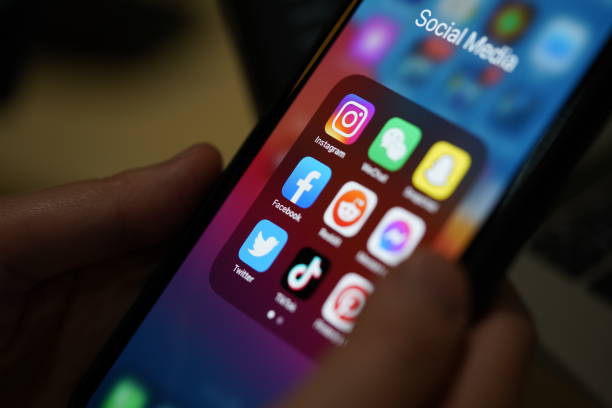Nigeria
Can we identify a robot or a human writing ? There is an app for it!
Edward Tian, a senior computer science student at Princeton University, has developed GPTZero, an app that distinguishes between human-written text and AI-generated text. The app evaluates the text's familiarity and burstiness and assigns scores to each. The beta version of the app has been used by thousands of people, and it has garnered interest from teachers and university admissions officers worldwide. Tian believes that apps like GPTZero could address the potential issues associated with AI technology, such as academic plagiarism and online disinformation campaigns. He thinks it's crucial to establish safeguards to give credibility to AI's use.
Advertisement

For several years, Edward Tian has been contemplating the potential of artificial intelligence. However, it wasn’t until his thesis adviser presented a set of text in a packed lecture and asked students to distinguish between human and AI-generated writing that he realized the gravity of the situation. Witnessing the advanced capabilities of AI, the computer science student from Princeton University understood that a solution was needed. He believes that as AI technology will continue to advance, it is important to approach the future responsibly. Thus, during his winter break, the 22-year-old worked on an application at a Toronto coffee shop that can accurately determine if a text was written by a human or a bot. This initiative was sparked by the emergence of ChatGPT, a free online chatbot capable of producing various texts with ease from a simple prompt.
The launch and subsequent popularity of ChatGPT has caused concern, with some US schools blocking the chatbot on their servers to prevent cheating. Additionally, some worry that it may lead to job loss among writers and creatives, or that hackers may use it to create harmful malware.
To address these concerns, Edward Tian, a senior studying computer science at Princeton University, developed GPTZero during his winter holiday break. The application is designed to be the first step in addressing various issues that may arise as artificial intelligence becomes more sophisticated and readily available.
GPTZero operates by assessing two text variables – perplexity and burstiness – and assigning each a score.

To determine whether a text is human-written or generated by AI, GPTZero first evaluates its familiarity with the text based on its training. According to Mr. Tian, the higher the text’s perplexity, the less familiar the app is with it, which suggests that it’s more likely to have been written by a human.
The app then examines the text’s burstiness by analyzing its variability, such as the distribution of short versus long sentences. Mr. Tian explained that human-written articles tend to have more fluctuations, with sudden spikes in intensity, while AI-generated texts tend to be more level and uniform.
Although GPTZero is still a work in progress, a beta version has been released for public use. In a tweet, Mr. Tian demonstrated the app’s ability to differentiate between an essay published in The New Yorker and a letter written by ChatGPT.
Mr. Tian has also tested GPTZero by comparing BBC articles written by journalists with those composed by ChatGPT using the same headline as a prompt. With a false positive rate of under 2%, the app successfully distinguished between the texts.
Since its launch, GPTZero has been widely used, and Mr. Tian has received inquiries from educators and admissions officers worldwide who are interested in its functionality. Although the app was initially created to combat academic plagiarism, Mr. Tian believes that it can be applied to other issues related to the growing popularity of artificial intelligence, such as online disinformation campaigns.
Mr. Tian remains excited about the emergence of AI and has found it to be a valuable tool in problem-solving and coding. However, he stresses the importance of developing safeguards to provide credibility and legitimacy to new technology.
Above all, he believes that the popularity of his app reflects “a human desire to uncover the truth.”
Trending Topics

Zenith Prepaid Credit Cards: learn more
Experience a world of endless possibilities with Zenith Prepaid Credit Cards. Easy top-ups and cash withdrawals.
Keep ReadingYou may also like

Access Bank Verve Prepaid Card: Learn more
Track your spending and monitor your account activity with the user-friendly Access Bank Verve Prepaid Card.
Keep Reading


